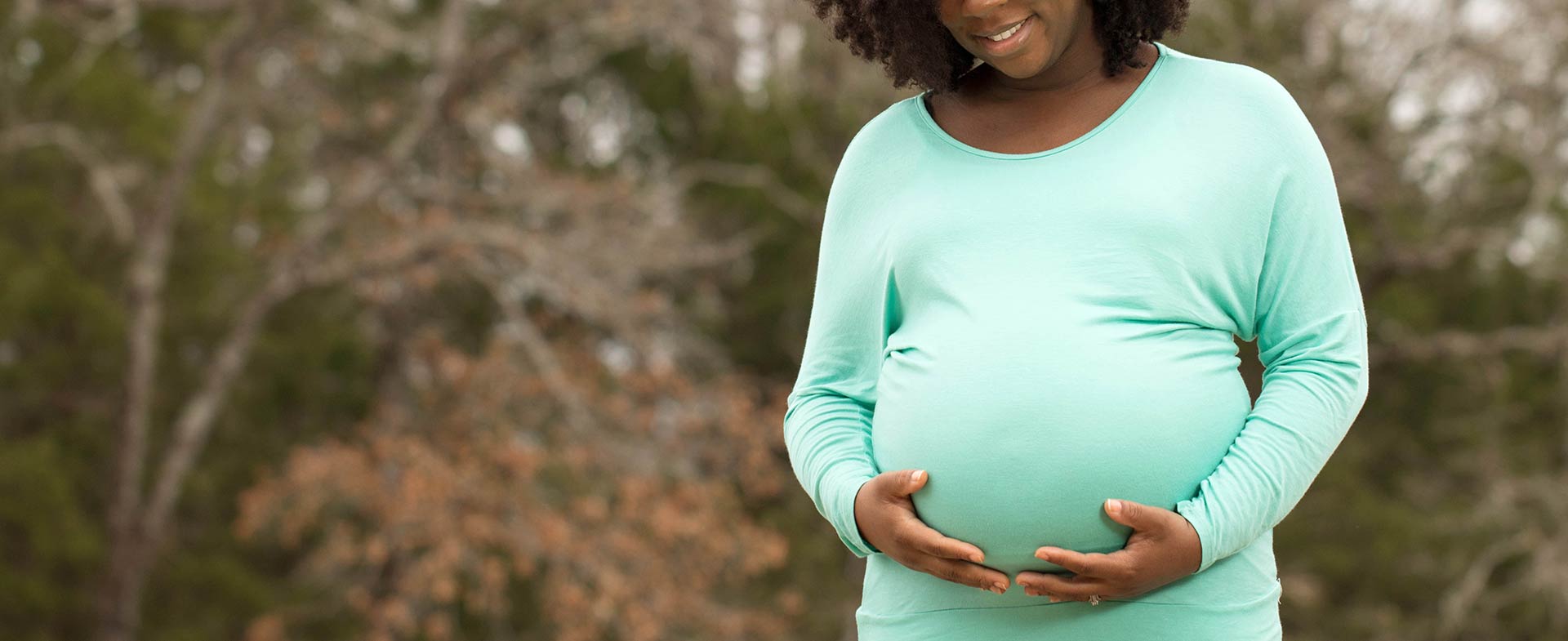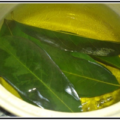Fertility is the capacity of being able to produce children. However, fertility does not come easily to everyone. About 11% of couples will face infertility—the inability to conceive naturally after one year of unprotected sexual intercourse. Fertility is not only a female health issue. Both men and women can experience infertility, and both men and women can take steps to improve their fertility. Both males and females become fertile in their teens following puberty. For girls, the beginning of their reproductive years is marked by the onset of ovulation and menstruation. It is commonly understood that after menopause women are no longer able to become pregnant. Generally, reproductive potential decreases as women get older, and fertility can be expected to end 5 to 10 years before menopause.
In today’s society, age-related infertility is becoming more common because, for a variety of reasons, many women wait until their 30s to begin their families. Even though women today are healthier and taking better care of themselves than ever before, improved health in later life does not offset the natural age-related decline in fertility. It is important to understand that fertility declines as a woman ages due to the normal age-related decrease in the number of eggs that remain in her ovaries. This decline may take place much sooner than most women expect.
What is Eggovin?
Eggovin s a yellow alcoholic drink that is prepared from newly laid eggs, and contain fine old-matured wines. Promoters of this drink say it provides restorative and recuperative effect to those who suffer from weakness, loss of vitality or fatigue. Eggovin is different from advocate, which is also an egg-based product, but lacks the consistency of the invigorating wines. These wines are the reason for Eggovin’s fluidity and taste.
Is Eggovin Good For Fertility?
Eggovin is NOT a fertility product but an egg/alcohol based drink (17%). Official guidelines in the United Kingdom, United States, and a number of other countries recommend that couples abstain from alcohol when attempting to become pregnant. Although cutting out alcohol when trying to conceive is a sensible recommendation, the association between pre-conception alcohol intake and the time taken to become pregnant has not been documented in great detail.
To date, findings from studies investigating the impact of alcohol on female fertility have been contradictory; some link decreases in fertility with low to moderate alcohol consumption, some showed no correlation, and others still reported a slight increase in fertility.
Women who drink large amounts of alcohol products like Eggovin are more likely to have heavy or irregular periods and fertility problems. Eggovin can also affect ovulation, which can make it difficult to conceive. In general, Alcohol consumption in men can also cause difficulties with fertility.
In men, heavy drinking affects fertility by: lowering testosterone levels, follicle stimulating hormone, and luteinizing hormone, and raising estrogen levels, which reduce sperm production, shrinking the testes, which can cause impotence or infertility, changing gonadotropin release which impacts sperm production.
How to Improve Fertility
The following list provides some suggestions on how to improve your overall well-being and boost your fertility to help bring you one step closer to motherhood.
Maintain a Healthy Diet & Weight
Studies have found that losing as little as 5% of body weight in those that are overweight can dramatically improve fertility in men and women. A normal BMI falls in the range of 18.5 to 24.9 with anything above 25 considered overweight and over 30 classified as obese. Study results show that the chance of pregnancy lowered by 4% for every BMI over 29. Women with a BMI of 35 had a 26% less chance of spontaneous pregnancy and this jumped to 43% for women at a BMI of 40.
Cut Back On Coffee & Alcohol
Most of us need coffee to get going in the morning and we enjoy cocktails with friends. But both can have a negative impact if you overindulge when trying to conceive. Aim to limit caffeine to 200mg of caffeine per day and remember that caffeine is also found in tea, chocolate, and soft drinks. Cut back alcohol to no more than 2-3 servings per week.
Quit Smoking
Smoking significantly hurts fertility potential in both men and women. In women, chemicals in cigarettes accelerate egg loss and can cause menopause to occur 1-4 years earlier. For men, cigarettes decrease sperm quality, count, shape (morphology), and ability to move (motility). Smoking can also impact the ability of sperm to fertilize an egg.
Track Your Cycles
The 12-24 hour ovulation window usually happens 12-14 days before your period starts, based on a 28-day cycle. There are many ways to pinpoint when you are ovulating. For example, your discharge should turn into the consistency of egg whites and your body temperature will increase. Tracking your period and ovulation symptoms in an app can also help. An ovulation predictor kit can alert you to your fertile window by measuring the increase in luteinizing hormone in your urine, signaling that an egg is about to be released.
Have Sex Before & During Ovulation
Sperm can live in the uterus for three to five days, so having sex leading up to ovulation can help. Have sex one to two days before ovulation and again on the day you think you’re ovulating. This will result in a healthy supply of sperm waiting in the fallopian tube when the egg is released, increasing your chances of conceiving. ALSO READ: Is Eggovin Good For Weight Gain






